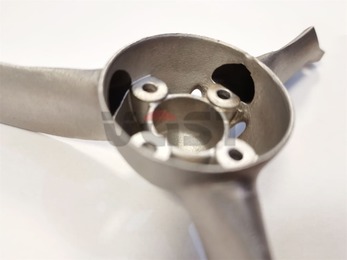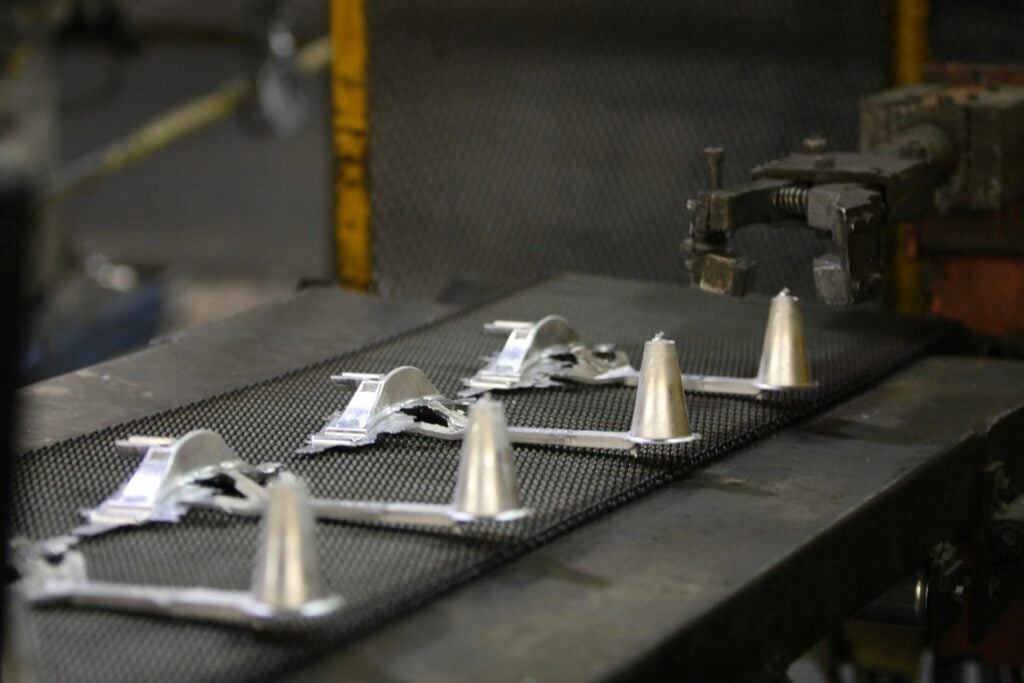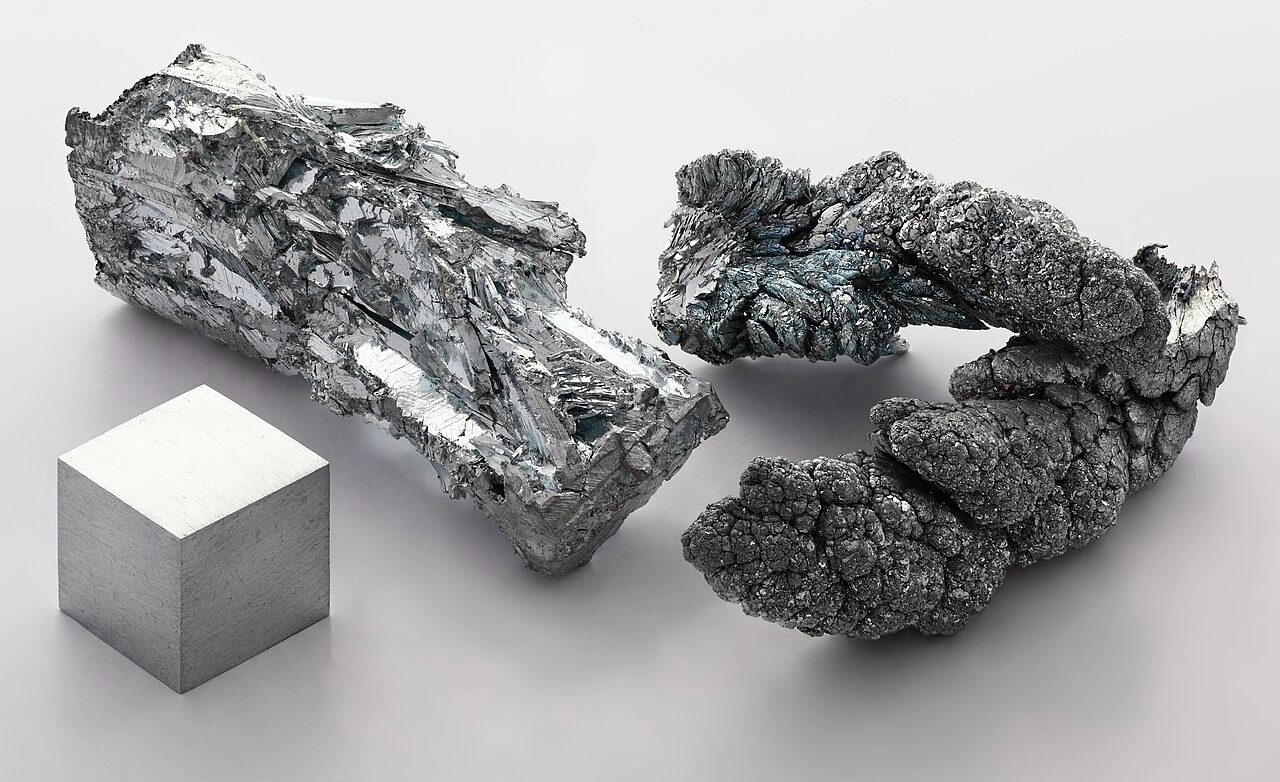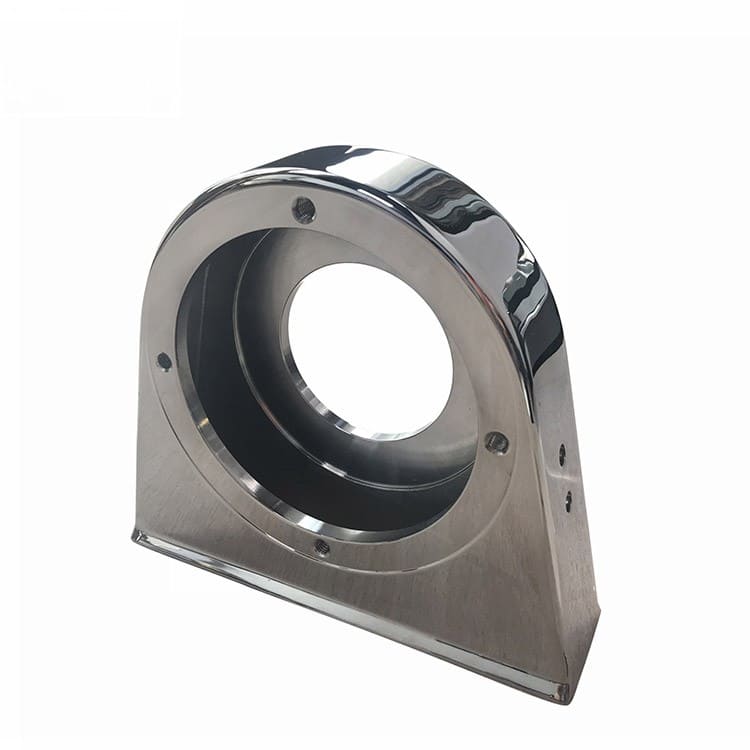Discover if zinc alloy will rust and learn how its corrosion resistance, care tips, and durability compare to stainless steel for lasting use.
What Is Zinc Alloy A Quick Breakdown
If you’ve ever wondered what exactly zinc alloy is, here’s a simple answer. Zinc alloy is a mixture of zinc combined with other metals like aluminum, copper, and magnesium. This blend enhances its properties, making it stronger and more durable than pure zinc alone.
You’ll often hear names like Zamak alloy, which is a popular type of zinc alloy known for its excellent strength and corrosion resistance. Zinc alloys are widely used in die cast zinc properties for products ranging from hardware and automotive parts to jewelry.
One of the reasons zinc alloys are so popular is their balance of affordability and performance. They often feature good corrosion resistant metals traits, which means they stand up well to wear and oxidation under typical conditions.
In short, zinc alloys provide a cost-effective, reliable material option that holds up well in many uses. But does that mean zinc alloy doesn’t rust? Let’s dig into the science behind it next.
The Science Does Zinc Alloy Actually Rust

When people ask, “Will zinc alloy rust?” the answer is a bit more detailed than a simple yes or no. Technically, zinc alloy doesn’t rust in the same way steel or iron does because rust specifically refers to iron oxide. Zinc alloys are mostly made from zinc mixed with metals like aluminum, copper, or magnesium, so they don’t form that classic reddish rust.
Instead, zinc alloys can undergo corrosion, but it looks quite different. What you might see is something called white rust, a powdery, chalky coating that forms when zinc reacts with moisture and air. This is part of the alloy oxidation process. While white rust isn’t as destructive as iron rust, it can still affect the metal’s appearance and surface durability over time.
So zinc alloy itself doesn’t rust like raw steel, but it can corrode if not properly treated or protected. This is why understanding zinc plating protection and corrosion resistance matters for keeping your zinc alloy items looking and performing their best.
Factors Influencing Zinc Alloy Durability and Rust Resistance

Zinc alloy durability and its resistance to rust depend on a few key factors. First, the specific blend of metals in the alloy matters. Many zinc alloys, like zamak, mix zinc with aluminum, magnesium, or copper, which can boost strength and help resist corrosion better than pure zinc.
Second, the environment plays a big role. Zinc alloy exposed to harsh weather, salty air near the coast, or high humidity is more likely to develop white rust or surface corrosion over time. Indoor use or dry climates usually mean less risk of rust.
Third, surface treatments and coatings make a difference. Zinc plating protection or clear coatings can greatly slow down oxidation and prevent tarnish, keeping the metal looking good and lasting longer.
Lastly, the manufacturing process affects how durable the alloy is. Quality die cast zinc parts often have fewer imperfections that could trap moisture or accelerate corrosion.
In short, zinc alloy’s ability to resist rust depends on its composition, where it’s used, and how well it’s protected against the elements. Knowing these factors helps you pick the right product and keep it in top shape.
Zinc Alloy vs Alternatives Rust Resistance Comparison

When it comes to rust resistance, zinc alloy holds its own compared to other common metals. Let’s break down how it stacks up:
- Zinc Alloy vs Stainless SteelStainless steel is well-known for its excellent rust resistance, especially in humid and salty environments. Zinc alloy, like zamak alloy, isn’t as rust-proof as stainless steel but offers good corrosion resistance thanks to its zinc content. Zinc alloy is more affordable than stainless steel but may develop white rust (a type of corrosion) under certain conditions, especially if the protective plating is damaged.
- Zinc Alloy vs AluminumAluminum forms a protective oxide layer that shields it from rust, similar to zinc alloy’s natural corrosion resistance. However, zinc alloys tend to be denser and a bit harder than aluminum, making them better suited for die casting applications where durability is key.
- Zinc Alloy vs Iron/Steel (Unprotected)Uncoated iron or steel quickly develops rust when exposed to moisture and oxygen. Zinc alloy, in contrast, resists this oxidation process much better and is less likely to corrode fast. This makes zinc alloys a preferred choice in situations where moderate rust resistance is needed without the higher cost or weight of stainless steel.
Overall, zinc alloys offer a good balance of corrosion resistance and cost-effectiveness. They might not beat stainless steel in rust resistance, but with proper care and protection like zinc plating, they hold up well in many applications.
For more on metal durability and protection, check out our guide on corrosion resistant metals.
How to Prevent Corrosion and Extend Zinc Alloy Lifespan

While zinc alloy is naturally corrosion resistant, it’s not completely immune to rust or tarnish, especially in harsh environments. To keep your zinc alloy items looking good and lasting longer, here are some simple tips:
- Keep it dry: Moisture speeds up corrosion, so dry off zinc alloy products if they get wet.
- Clean regularly: Dirt and grime can trap moisture. Wipe your items with a soft cloth and mild soap to remove buildup.
- Use protective coatings: Applying clear lacquer or specialized zinc plating protection helps create a barrier against oxidation.
- Store properly: Avoid leaving zinc alloy in humid places like basements or garages. Store indoors or in dry spots.
- Avoid harsh chemicals: Strong cleaners or acids can damage the surface and promote corrosion.
- Handle with care: Scratches expose the metal beneath, which can rust over time. Gentle use helps maintain the protective outer layer.
By following these steps, you’ll slow down the alloy oxidation process and prevent white rust on zinc surfaces. This keeps your zinc alloy items durable and looking sharp for years, especially in the U.S. climate where humidity can vary.
Real World Applications and Success Stories
Zinc alloy is everywhere around us, and its corrosion-resistant qualities make it a popular choice in many industries. From die-cast zinc properties used in automotive parts to durable hardware in home fixtures, zinc alloy stands out for lasting strength without easily rusting.
Common Uses of Zinc Alloy
- Zinc jewelry care benefits from the alloy’s natural protection against tarnish and white rust on zinc surfaces. This keeps jewelry looking fresh longer without heavy maintenance.
- In electronics and small appliances, zinc alloy components resist corrosion better than many alternatives, offering a reliable lifespan.
- Outdoor fixtures like door handles and locks made from Zamak alloy durability ensure they handle the elements well without quick oxidation.
- Automotive parts leverage zinc plating protection to fight against rust and extend the vehicle’s performance.
Success Stories
Many U.S. manufacturers favor zinc alloy for tough conditions. For example, several Midwest tool companies switched from pure steel to zinc alloy parts because they saw fewer corrosion issues and longer tool life.
Homeowners also report zinc alloy fixtures lasting years longer in humid Southern states thanks to their corrosion-resistant metals properties. This translates to less need for replacement and lower maintenance costs.
Overall, zinc alloy’s ability to delay the alloy oxidation process and resist rust gives it a proven track record across sectors, making it a smart choice for anyone who wants durability and low upkeep in their metal products.
Is Zinc Alloy Right for You
If you’re wondering whether zinc alloy is the right choice, it really depends on your needs. Zinc alloy, especially popular types like zamak, offers excellent corrosion resistant metals qualities, making it great for products exposed to everyday wear and moisture—but it’s not entirely rust-proof.
Choose zinc alloy if you want:
- Durability without heavy maintenance: It resists white rust on zinc and general corrosion better than many other metals.
- Affordable metal with good strength: Die cast zinc properties allow for detailed designs without breaking the bank.
- Versatility: Used in everything from zinc jewelry care to hardware and automotive parts.
- Rust resistance without stainless steel cost: Zinc alloy holds up well compared to steel but usually costs less.
However, if you need something for really harsh, salty, or outdoor environments where corrosion is extreme, you might want to consider stainless steel or specially coated metals. Zinc alloy can tarnish or corrode if not properly maintained or exposed for a long time.
In short, zinc alloy is great for daily use, indoors or mild outdoor conditions, and when you want something durable but don’t want to break the bank. For more on protecting metals, check out how to prevent corrosion and extend zinc alloy lifespan.
FAQ Section
Will zinc alloy rust over time
Zinc alloy is highly resistant to rust, but it can develop a type of corrosion called white rust, especially if exposed to moisture for long periods. Regular care can prevent this.
How does zinc alloy corrosion differ from regular rust
Unlike iron or steel that forms reddish rust, zinc alloys form a white, powdery layer called white rust. This layer actually helps protect the metal underneath.
Is zinc alloy better than stainless steel at resisting rust
Stainless steel generally holds up better against rust because of its chromium content. However, zinc alloys like zamak offer good corrosion resistance and are often more affordable.
Can zinc alloy tarnish or discolor
Yes, zinc alloy can tarnish over time due to oxidation, but this doesn’t mean it’s damaged. Cleaning and protective coatings help keep it looking new.
How do I prevent zinc alloy corrosionKeep the metal dry when possible
Use clear sealants or protective coatings
Clean regularly with mild soap and water
Avoid harsh chemicals that could damage the surfaceIs zinc plating protection effective
Definitely. Zinc plating creates a protective layer that prevents rust and corrosion, extending the life of many metal products.
What are common uses for zinc alloy in the US
Zinc alloy is popular in die cast parts, hardware, electronics, and even jewelry due to its strength, corrosion resistance, and ability to be molded into detailed shapes.
Should I choose zinc alloy for outdoor projects
Zinc alloy can work well outdoors if you apply proper protection and maintenance. For extreme conditions, consider metals with higher corrosion resistance like stainless steel.
If you have more questions about zinc alloy and its durability, feel free to reach out!

